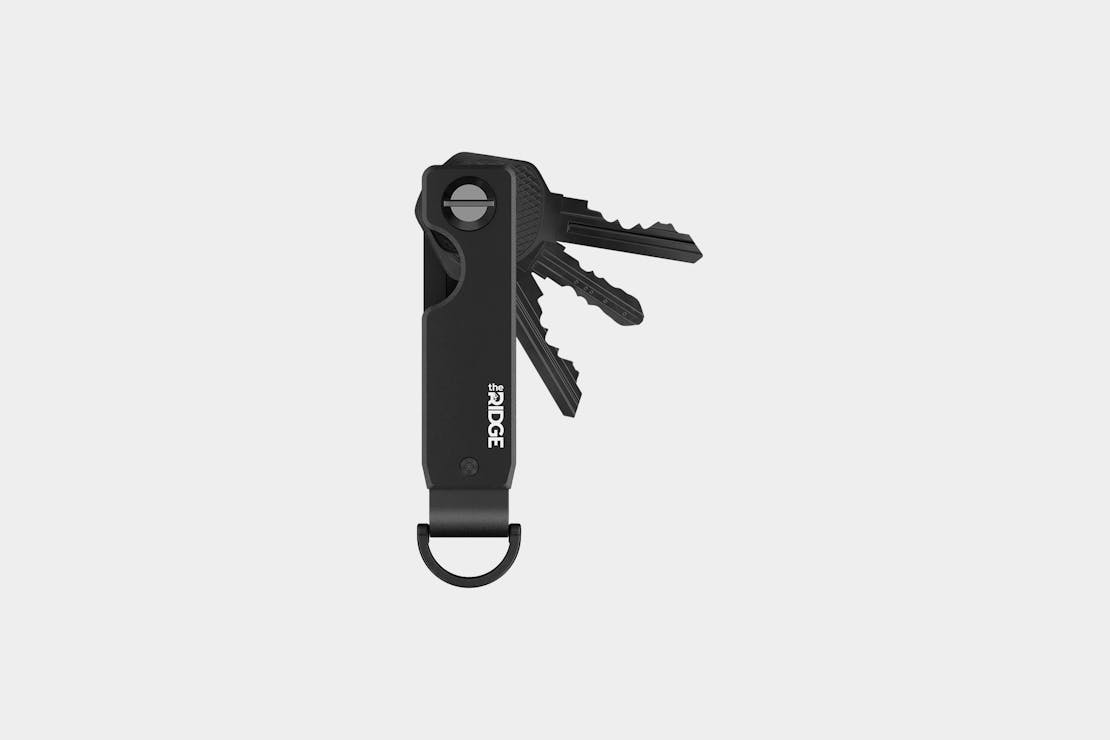The Ridge Keycase

Technical Details
-
Weight (oz)
1 oz (28.3 g)
-
Dimensions
3 in x 0.47 in x 0.47 in (7.6 x 1.2 x 1.2 cm)
-
Warranty Information
Pack Hacker is reader-supported. When you buy through links on our site, we may earn an affiliate commission. Learn more

Weight (oz)
1 oz (28.3 g)
Dimensions
3 in x 0.47 in x 0.47 in (7.6 x 1.2 x 1.2 cm)
Warranty Information
Get your questions about the The Ridge Keycase answered from our team and the Pro Community right here on the page. Plus, join discussions with other members about gear, guides, and more.
Join Pack Hacker Pro or, Sign In